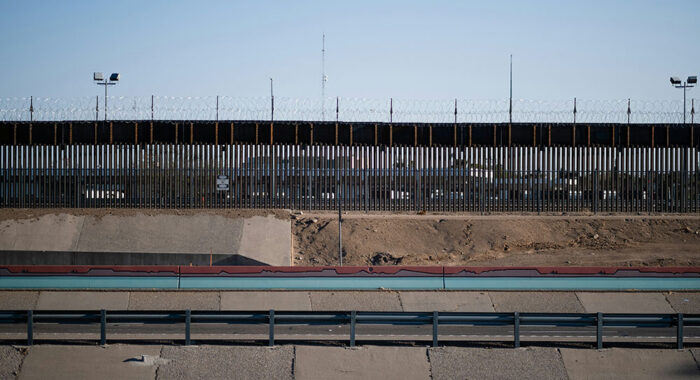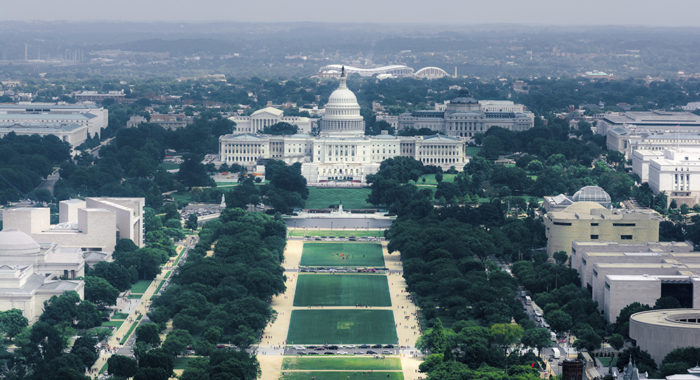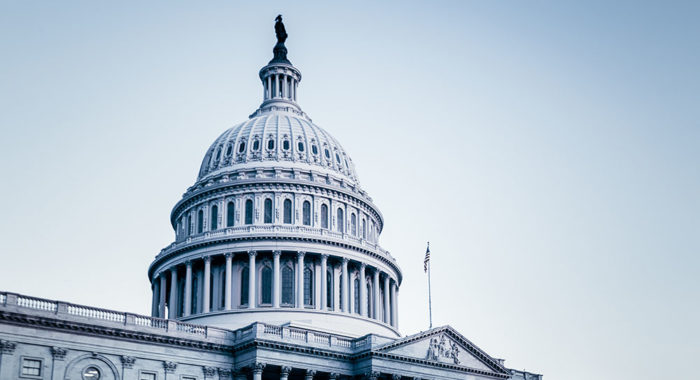Preamble:
The Christian, who on earth has no continuing city (Heb. 13:14), is nevertheless, to use the figure of Augustine, a citizen of two cities: the Church and the State.
As a member of the Church, he belongs to the Body of Christ, which derives its nature and its functions from the nature and the will of God. Its members are holy unto their head, the Lord Jesus Christ.
Their relationship to one another is that of the several members of a single body existing to do the will of God. Their relationship to the world is likewise regulated by the precepts of holiness and the bidding of the will of God.
As a member of the State, on the other hand, the Christian belongs to the human expression of the restraining and permissive sovereignty of God exercised within sinful human relationships for purposes of public justice, protection and tranquility.
Although its subjects may include members of the Body of Christ, the State does not derive its source or its sanction from their holiness or their piety. Both source and sanction of the State are rather from the sovereignty of Him who rules and overrules in the affairs of all men alike.
In the Scriptures neither the authority nor the function of the State is made to depend upon the religious integrity of the State or any of its members — witness the respect accorded pagan states by the prophets (Isa. 44:28, 45:1); by our Lord Jesus Christ Himself (Matt. 22:21, 17:24-27); and by the apostles (Rom. 13:1-7, I Tim. 2:2, I Peter 2:’13-14).
The Christian, therefore, exists in relation to the Church and also in relation to the State. As a sinner, in common with all men whether redeemed or not, the authority and responsibility properly delegated to the State by the sovereignty of God is his. As a redeemed sinner, the special privileges and responsibilities of those who live within the will of God among men are also his.
These two aspects of existence — Church and State — may overlap in the life of Christians, but they do not coincide. Neither are they properly to be considered in conflict. It pertains to the State to exercise justice, afford protection and promote public tranquility. It pertains to the Church to promote the worship of God and to spend and be spent in Christian service.
The State may not hinder Christians in their service to God and man with respect to the Body of Christ. The Church may not hinder Christians in their service to God and man with respect to the State. Neither may bind the conscience of the other, nor prohibit in any way the free exercise of the proper duties and responsibilities of the other, under God.
Because both State and Church derive their being from God, both government and education should ideally reflect this theistic consciousness. None of life’s activities are truly complete without God, whether men recognize this or not. However, because it does not belong to the purview of the State to teach men about God; and because it does belong to the purview of the State to exercise justice, afford protection and promote tranquility even among men who may not worship God, therefore it is not the business of the State to promote or to repress religion.
By the same token the State should welcome the influence of the Church upon society and not hinder the personal testimony of its Christian members who, as Christians, labor for a recognition and appreciation of God and of godliness in every aspect of life.
Aid to Church-Related Schools:
Reaffirming its belief in the wisdom of maintaining financial and functional separation of church and state the National Association of Evangelicals notes with concern current attempts to procure government funds for church-related schools through legislation to aid education.
We recognize that certain forms of government aid to educational institutions, including church-related schools, are already approved in law either by outright grants or loans, including college housing, scientific equipment for school laboratories, the school lunch program, and student loans. But these should not be taken as precedents for a general program of aid to schools which would include church institutions. No such conclusion is warranted. Each of the programs which now exist is based on legislation which grew from a specific need and in each case care has been exercised to make the law consistent with the non-establishment clause of the Constitution.
We are not criticizing schools accepting the benefits of existing laws. However, extreme caution is necessary if church institutions are to maintain the freedom which derives from carefully hewing to the line of church-state separation.
There is no valid or compelling reason why the principle of separation should be applied differently at the higher level of education than at the secondary and elementary levels.
Religion in the Public Schools:
In previous pronouncements the National Association of Evangelicals has held that a firm commitment to the separation of church and state should not imply an espousal of secularism or practical atheism through the exclusion of all reference to God in the public schools. The public schools are not free to propound the tenets of any particular sect or denomination, yet they should by all means provide the students with an atmosphere of friendliness to and acceptance of the concepts of the existence of God, man’s responsibility to God and to fellowmen, and the benefits of promoting godliness.
In keeping with this, the National Association of Evangelicals reaffirms its position that the Bible is an appropriate book for reading in the public schools, and that the right of students to pray should not be abridged. We realize that this is a question which has been under consideration before the highest judicial body of our nation. We hope that our courts will render no decisions which will promote a religious vacuum. Such a vacuum, even if it were attainable, would not be neutral. On the contrary it would operate in favor of those groups which oppose any mood of reverence for the Bible as the Word of God, and others who openly deny the existence of God.
When the public schools do in fact become inherently hostile to a religiously based view of life, as already tends to be the case in certain states, Christian parents must consider seriously the choice of means by which to educate their children. Christian schools throughout many parts of our nation provide a live alternative to the public school, and it seems clear that the Christian school movement will continue to grow. The National Association of Christian Schools, an affiliate of the National Association of Evangelicals, is active in the establishment of such schools. This does not mean that we are recommending abandonment of the public school system, but rather the correction of the existing problem within that system.
Believing that ours is a nation under God, and remembering that “blessed is that nation whose God is the Lord,” the National Association of Evangelicals commits itself to the foregoing point of view and will seek to promote the acceptance of this position as widely as possible. Believing that this is the course of right, we will not be discouraged if the acceptance of this position is not immediate. It must be deeply rooted in the lives of I our citizens, our leaders and our public officials if it is to endure, and it is toward that goal that we press.



 View All Updates
View All Updates 




























